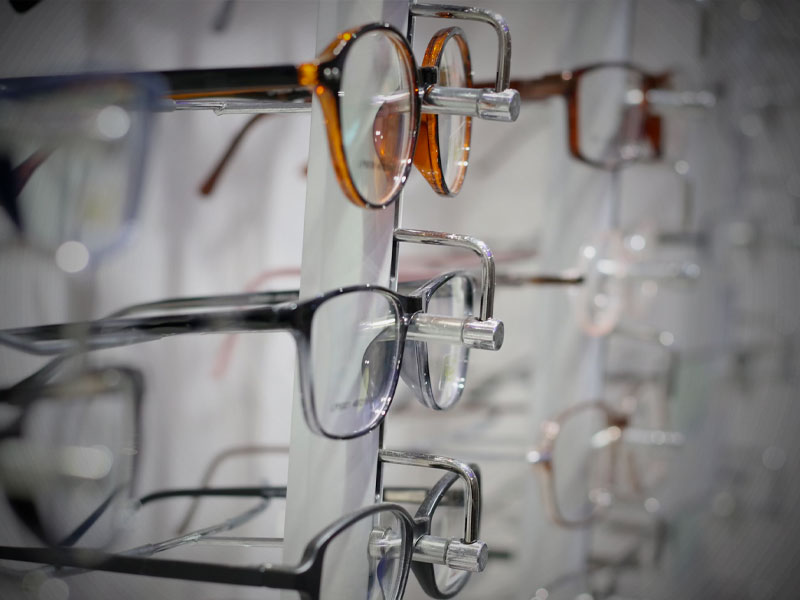Spectacles, also known as glasses, have become a common sight among children these days. Parents may wonder why their child needs spectacles at such a young age. The reason for spectacles in kids can vary, but most often it is due to refractive errors in the eyes. This article will explore the reasons why spectacles are necessary for children and how they can help with their overall eye health.
Refractive Errors Refractive errors occur when the shape of the eye does not bend light correctly, causing blurry or distorted vision. Children can develop refractive errors such as nearsightedness (myopia), farsightedness (hyperopia), or astigmatism. These conditions can cause difficulties in school, reading, and other activities. If left untreated, they can even lead to amblyopia or lazy eye.
Early Diagnosis Early diagnosis is essential to prevent further vision problems in children. Vision screenings should be conducted regularly, starting from infancy. A comprehensive eye exam by an optometrist or ophthalmologist is recommended before the child starts school. Children with a family history of refractive errors or who exhibit symptoms such as squinting, rubbing eyes, or holding objects too close or too far away should be examined by an eye doctor.
Corrective Lenses Corrective lenses such as spectacles can help children see more clearly and prevent further vision problems. Glasses can also improve reading and learning ability, especially for children with myopia. Glasses may take some time to adjust to, but with regular use, they can become an essential part of the child’s daily routine.
Contact Lenses Contact lenses may also be an option for children, depending on their age and maturity level. Contact lenses can be an excellent choice for active children or those who feel self-conscious about wearing glasses. However, parents should consult with an eye doctor to determine if contact lenses are suitable for their child.
Protection from Harmful Blue Light Excessive exposure to blue light emitted by digital screens can cause eye strain, headaches, and sleep disturbances in children. Some glasses come with blue light filters that block harmful blue light and prevent eye strain. Blue light filtering glasses can be especially beneficial for children who spend a lot of time on digital devices.
In conclusion, spectacles can help children with refractive errors see more clearly and prevent further vision problems. Early diagnosis and regular eye exams are essential to ensure the child’s eye health. Corrective lenses such as glasses or contact lenses can improve vision and reading ability, and blue light filtering glasses can protect children from harmful blue light emitted by digital screens. It is crucial for parents to consult with an eye doctor to determine the best treatment options for their child.







